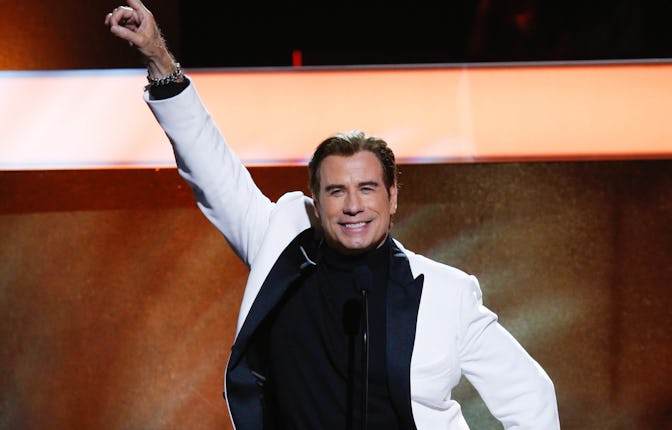47 Years Ago, Saturday Night Fever Brought Disco, And John Travolta, To The Mainstream
A look back at the iconic film that defined a generation

Released in 1977, Saturday Night Fever is more than just a film; it’s a cultural phenomenon that encapsulated the disco era and the youth culture of its time. Starring John Travolta as Tony Manero, a young man from Brooklyn who finds solace and identity in dance, this movie not only showcased stunning choreography but also made disco music mainstream. With a soundtrack featuring Bee Gees hits like "Stayin' Alive" and "Night Fever," the film helped to solidify disco as an integral part of American music history.
A Journey Through Dance and Identity
Tony Manero's character is relatable for many; he struggles with his day-to-day life while seeking an escape through dance. The film captures the essence of adolescence — searching for purpose, grappling with family expectations, and navigating relationships. The dance floor becomes Tony's sanctuary, where he transforms from a simple paint store clerk into a dazzling performer. This transformation resonates with audiences, symbolizing the universal quest for self-identity.
While Saturday Night Fever is celebrated for its vibrant portrayal of disco culture, it also sparked controversy upon its release. The film does not shy away from darker themes such as violence, infidelity, and racial tensions. These elements provide a stark contrast to the glittering nightlife depicted in its dance sequences. Critics praised Travolta’s performance as both charismatic and deeply human, allowing viewers to connect with his vulnerabilities amidst his bravado.
A Legacy That Endures
The legacy of Saturday Night Fever extends beyond its box office success; it has influenced countless artists and filmmakers over the decades. Its impact can be seen in various forms of media — from television shows to contemporary films that seek to capture similar themes of youth culture and personal discovery. Moreover, it has inspired numerous tributes in pop culture, including parodies on shows like Saturday Night Live, where comedians often reference Tony's iconic dance moves or style.
Today, artists such as Billie Eilish are channeling that disco energy into their performances. As we reflect on films like Saturday Night Fever, it's clear they serve as more than entertainment; they are snapshots of societal change that resonate through generations. Whether through dance or music, these stories continue inspiring new artists while reminding us about our own journeys toward self-discovery.